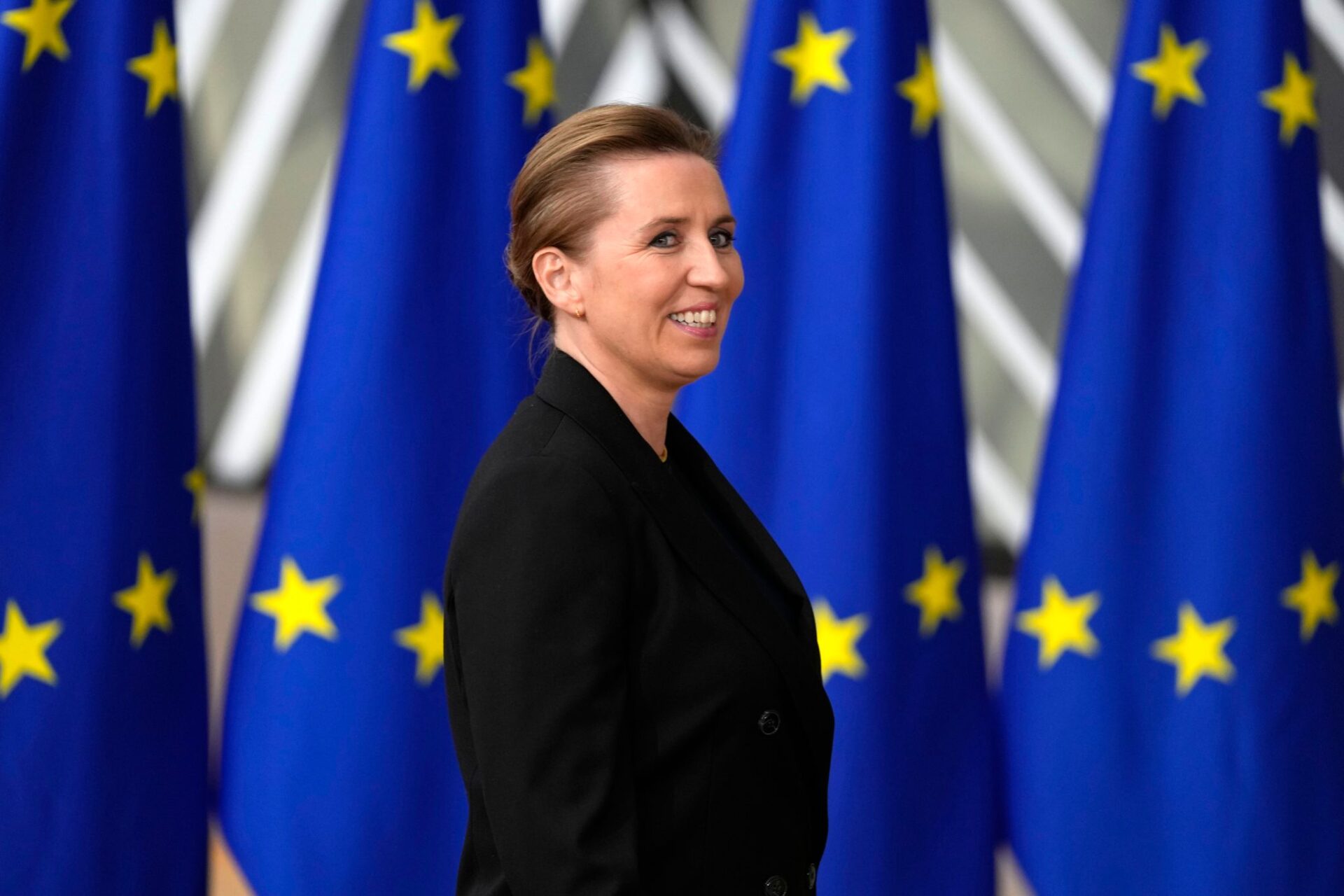In a letter to Prime Minister Mette Frederiksen, 73 politicians from ten countries strongly urge Denmark to immediately release environmental activist Paul Watson.
That’s what TV 2 reports.
Paul Watson was detained on July 21 in Greenland and now risks being extradited to Japan, which has had an international arrest warrant against him since 2010.
The signatories of the letter include both members of the European Parliament and national politicians from France, Finland, Germany, Austria, the Netherlands, Belgium, Italy, Spain, and Luxembourg.
One of them is the French MEP Emma Forreau from the European United Left group.
“The case about Watson is part of an increasing trend of repression and criminalization of environmental activists around the world – including in Europe. By mobilizing parliamentarians from ten European countries, we are telling the Danish government that this trend must stop,” she tells TV 2.
Emma Forreau also believes that Watson should be released because Japan, according to her, has conducted whaling in violation of international conventions.
The arrest warrant for Watson came after an incident in Antarctica, where Watson intervened while Japanese whalers were working.
According to the authorities in Japan, the activist assaulted the whalers and prevented them from doing their work.
73-year-old Watson was remanded in custody in Greenland until August 15, when a court hearing will be held to decide whether he should be extradited to Japan.
On Thursday, the Ministry of Justice could inform that it has received a formal extradition request from Japan.
“The Ministry of Justice is now awaiting the receipt of the extradition request’s documents in verified form. The Ministry of Justice will then forward the case to Greenland’s Police unless the ministry already finds a basis to preliminarily reject the request based on the available information,” the ministry wrote in an email to Ritzau.
The Canadian-American environmental activist Paul Watson is one of the original founders of Greenpeace, which he is no longer associated with, however.
 go to the original language article
go to the original language article
